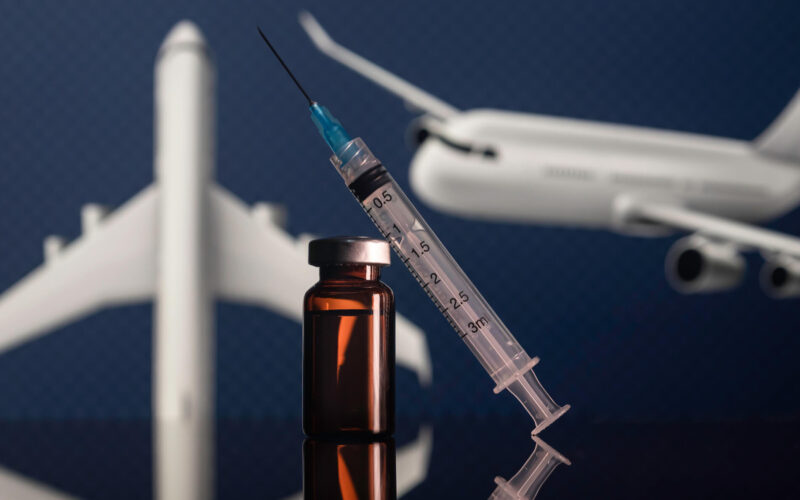Oxford AstraZeneca reports successful COVID-19 vaccine. While less effective than others, the vaccine could play an incremental role for aviation’s recovery.
The vaccine developed by the University of Oxford shows 70% effectiveness and joins the line-up of to-be-distributed vaccines. The vaccine provides much needed hope for the ailing aviation sector, which is battling its worst crisis in history.
“This vaccine’s efficacy and safety confirm that it will be highly effective against COVID-19 and will have an immediate impact on this public health emergency,” Pascal Soriot, AstraZeneca chief executive, said in a statement.
The development and testing process took around 10 months and more than 20,000 volunteers were involved, half in the UK, the rest in Brazil.
By the end of 2020, the company plans to have 200 million doses and 700 million doses ready globally by the end of March 2021, according to operations executive Pam Cheng.
Earlier in November 2020, two other companies presented their vaccines. Pfizer announced its vaccine was 95% effective against coronavirus, while Moderna announced 94.5% effectiveness.
Why is the Oxford vaccine important for aviation?
Compared to the other vaccines, AstraZeneca’s one showed to be less effective but it might have logistical advantages.
The aviation industry is more prepared for the distribution of vaccines that need to be kept at temperatures ranging from 2 to 8 degrees Celsius. Unlike the Pfizer/BioNTech and Moderna vaccines that need to be kept at minus 80 degrees Celsius, AstraZeneca can be transported at refrigerator temperature. That would give opportunities to store and distribute the vaccine to lower income countries, which would provide much-needed revenue for airlines, when passenger levels are nowhere near recovery.
The distribution of the vaccines is still a big challenge for the aviation industry. The International Air Transport Association (IATA) calculated that 8 billion doses to vaccinate the entire global population would require around 8,000 Boeing 747 aircraft. That number would double if two doses per person are required.
“Even if we assume that half the needed vaccines can be transported by land, the air cargo industry will still face its largest single transport challenge ever. In planning their vaccine programs, particularly in the developing world, governments must take very careful consideration of the limited air cargo capacity that is available at the moment,” said IATA’s director general, Alexandre de Juniac in a press release in September 2020.

